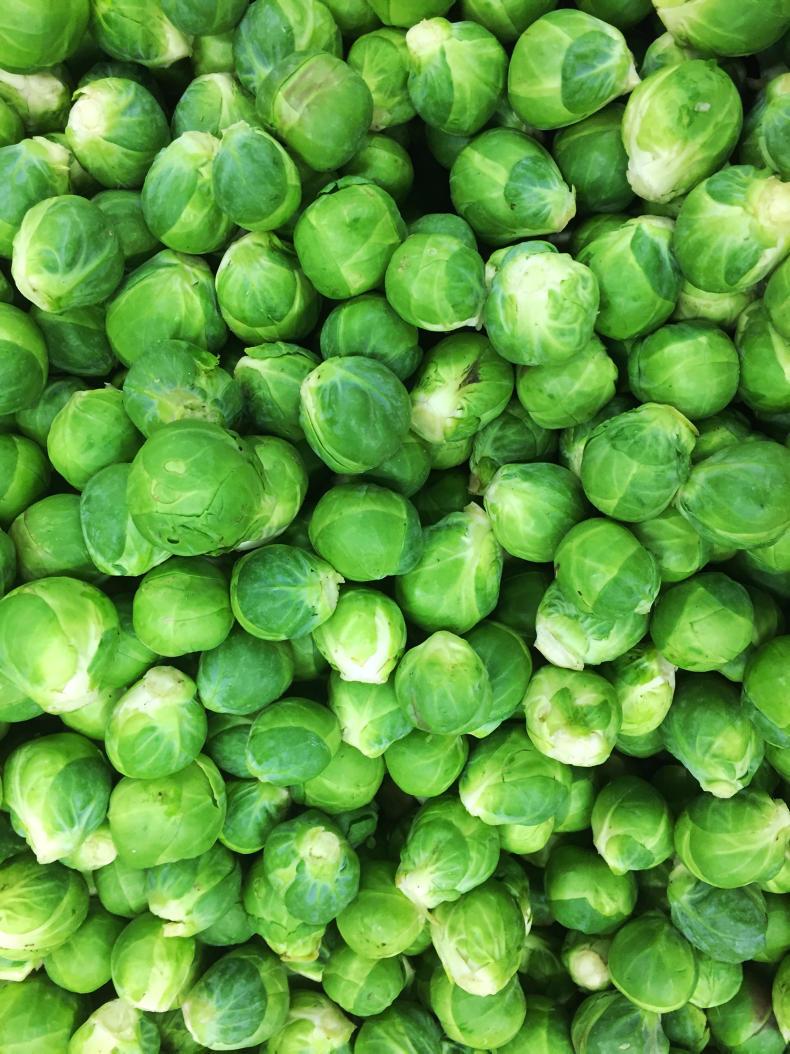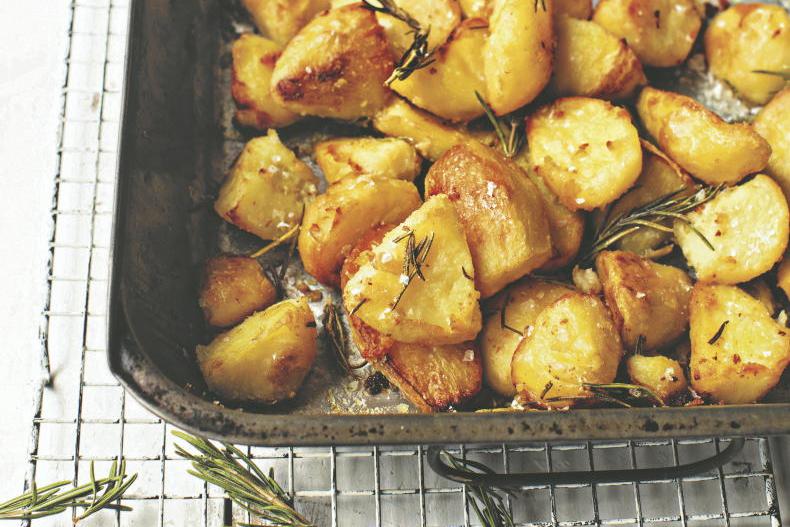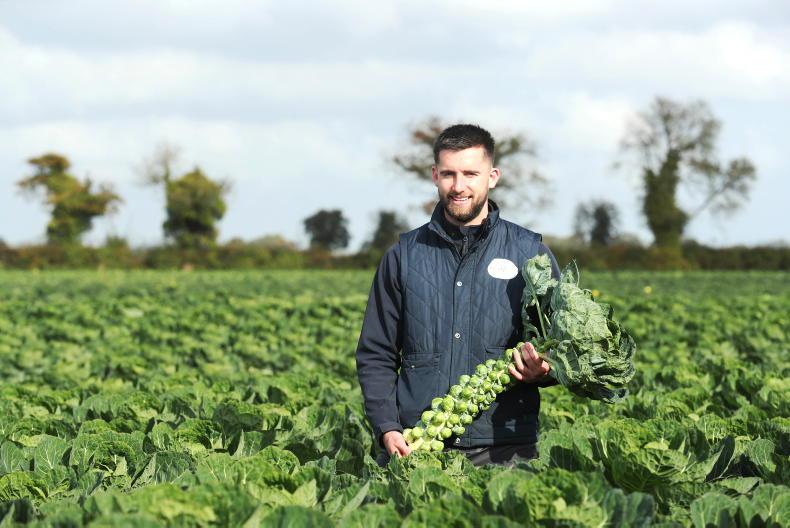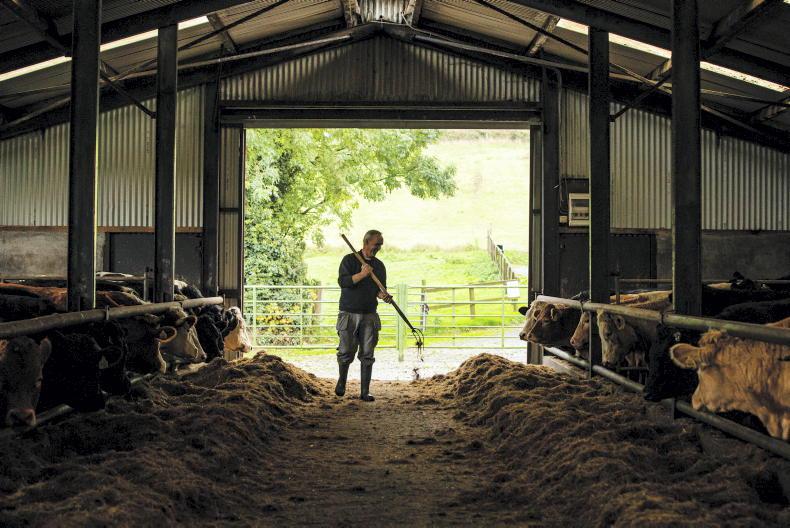I went on a sobering visit to a couple of our biggest field veg growers this week. Paul Brophy in Kildare, who is the largest grower of broccoli in the state, and the Weldon Brothers (Martin and Enda) in Swords ,who supply the majority of the Brussels sprouts crop. Their operations are truly impressive, and like most of the veg growers they have had to specialise and go large in order to compete. In the 15 years between 1999 and 2015 there was a huge drop in the number of field veg growers in Ireland, from 377 to 165. Anecdotally, the actual number remaining is likely to be less than this three years later, but there’s no data yet. Either way, that’s a pretty tiny number of growers who are responsible for our entire veg output. Interestingly, the output levels in edible horticulture haven’t dropped in that same time period, so in other words: the remaining growers have ramped up their production big time.
Commercial production
Commercial veg growing was always a tough game, but it seems to be facing particular pressures now. The effects of climate change, and its accompanying extreme weather events, have had a huge impact. In the last 12 months alone we faced three catastrophic weather events – Storm Ophelia, the snow associated with Storm Emma and the six weeks of drought this summer. The latter was particularly difficult, because for many it meant buying expensive irrigation systems and having to pump water to often remote fields just to keep plants alive.
A fifth major weather event happened almost unnoticed recently, when Dublin Airport reported its coldest October night since records began. Because of global warming, polar air is travelling further south and earlier in the year than it used to. At the tail end of a dreadful growing year, this is bad news for broccoli growers, because it almost instantly stops the growth of the plants. Bottom line, climate change is creating additional uncertainty and cost for growers and with our veg output concentrated in the hands of ever-fewer growers, it makes our indigenous food chain very vulnerable in the years ahead.
Competition
The extreme weather alone doesn’t explain why so many growers are leaving the market. That is largely down to the fact that there is so little margin left in sales. Competition from cheaper imports plays a part, as does below-cost selling and discounting in supermarkets. In latter years, we’ve all seen the aggressive pre-Christmas price promotions on vegetables like sprouts and carrots for as low as 5c/kg.
It’s typically the supermarket that takes the hit on this (though some have been known to lean on growers to share the burden), using it as a loss leader to draw you in. Of course consumer groups will say it’s great for people to have access to cheap, healthy food. But these are short-term benefits. In the long term these promotions set ever-lower benchmarks for the value of veg, which will drive more growers from the industry. Ultimately, we will be left with less choice and more imported veg. That’s bad for jobs here at home and reduces our access to healthy, seasonal, homegrown food.
Most importantly, the Brophys, Weldons and the like are producing food that is everything food should be – incredibly good for us, nutritious, seasonal, fresh, local and creating jobs. We should be paying a fair price for that instead of discounting it. We have power as consumers. When buying your veg, always seek out Irish and try to avoid price promotions – remembering that there is always a cost to cheap food.








SHARING OPTIONS